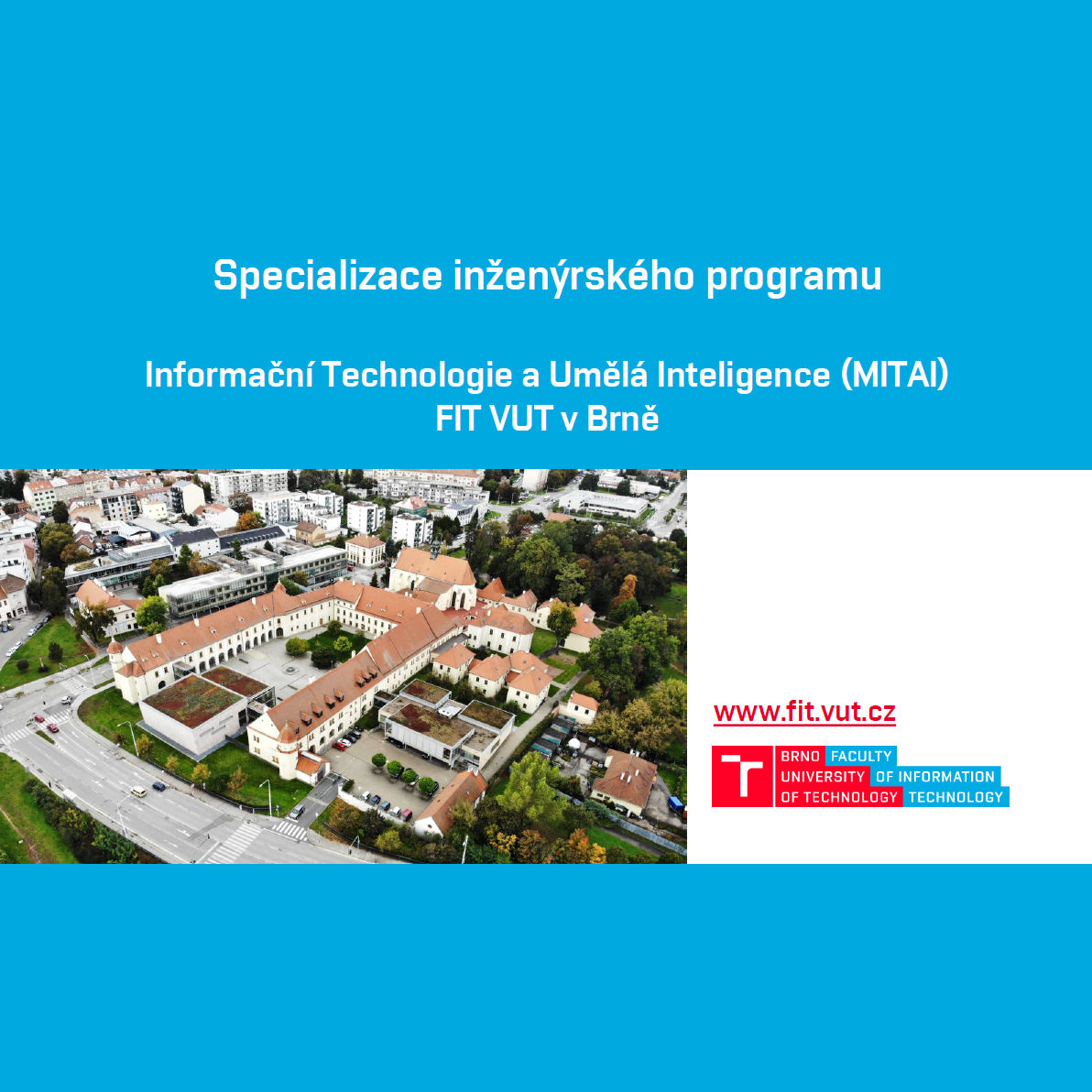The specialization covers machine learning from theoretical foundations to applications in various IT fields. Unlike the common approach of "I'll find some black boxes on the Internet, connect them, and it will do something", we want students in our field to actually understand what they are doing. We, therefore, emphasize a strong theoretical foundation (from Bayesian statistics to linear algebra) and working with real machine learning problems and data. In courses in this specialization, we don't start right away with the most advanced and complex neural network architectures, but go step-by-step from defining criterion functions, to computing gradients, to evaluating the success of machine learning systems. With the knowledge gained in this specialization, you can face the biggest challenges in the IT world today - autonomous cars, voice chatbots, computer vision for robotics, and more - for each, you will need some specific domain knowledge. Still, you can get that from elective courses or on the spot. The specialization is guaranted, and the core courses SUI, SUR and BAYa are taught by Assoc. Lukáš Burget, Scientific Director of the Speech@FIT group and the second most cited Czech expert in the field of information technology. The specialization is closely related to research projects conducted at FIT and to cooperation with companies from the Czech Republic and abroad (among others, Google, Honeywell, Raytheon, NTT, Ericsson, VR Group or Phonexia), so the faculty has enough people with "hands-on" experience to manage projects and theses. We also have a number of contacts with top international laboratories and companies, so it is no problem for skilled students to arrange an Erasmus/Socrates thesis or industrial internship.
Information technology moves the world
-
79 %
students gain practical experience
-
98 %
students successfully pass the State Final Examination
-
99 %
graduates find work in the month
-
40 938 Kč
is the average starting salary for graduates
1st Year
Compulsory Programme Courses - Winter
Compulsory Programme Courses - Summer
The common basis of the programme
The common core of the program consists of courses that will give you the knowledge important for all IT engineers:
- Computation Systems Architectures will teach you how to think about how your code will run on modern computing platforms, how to think about programming in a way that makes the most efficient use of resources, i.e., that your application makes the best use of the power of modern platforms, makes efficient use of system memory resources, and is also efficient in terms of energy consumed.
- Functional and Logic Programming will teach you that although classical imperative programming is a very widely used paradigm and is very close to machine-level implementation, there are other approaches that will give you a new perspective on some key problems and help you get novel and often more efficient solutions to them.
- Modern Trends in Informatics (in English) you need to know to see where the field is going and what to expect in practice in a few years.
- Parallel and Distributed Algorithms is a course that will show you the patterns, limits, and pitfalls of parallel and distributed algorithmic solutions and the associated synchronization mechanisms, without which you will hardly succeed in solving many of the more complex problems.
- Statistics and probability is the right hand of every engineer to process numerical results of experiments or data obtained while running your application, analyze them and learn from them to make further decisions is almost his daily bread.
- Theoretical Computer Science shows the limits of computer science capabilities through formal languages and mathematical models of computation. This is the only way to understand whether your problem is even solvable and, if so, with what resources and means to prove it.
- Data Storage and Preparation, especially big data, and extracting knowledge from it is a valuable art to any computer scientist. It is a key aspect that strongly influences the effectiveness of many solutions and applications.
- Artificial Intelligence and Machine Learning is a course where you will learn how to teach computers to understand our world and make them solve problems that are easy for humans but difficult for an algorithmic machine to handle.
They will pass on all their knowledge and hold you in difficult moments
What are we talking about?
-
(PR, Brno, January 22, 2026) Brno University of Technology joined the largest professional platform developing AI in the Czech Republic on 22 January. The membership of BUT in the Czech Association of Artificial Intelligence (ČAUI) was officially confirmed by the signatures of BUT Vice-Rector Martin Weiter and the …
-
"If you have the will and perseverance, you can achieve a lot," says FIT graduate Gabriela Nečasová.
From piano and choir singing to solving differential equations. Gabriela Nečasová's story shows that a successful path to computer science can also lead from the humanities and arts. In an open interview, she looks back on her unconventional start at FIT VUT, her challenging journey through doctoral studies, and the moments of crisis that shaped her perseverance. …
Come to FIT!
Other Master
Specializations
-
Application Development
-
Bioinformatics and Biocomputing
-
Computer Graphics and Interaction
-
Computer Networks
-
Computer Vision
-
Cybersecurity
-
Embedded Systems
-
High Performance Computing
-
Information Systems and Databases
-
Intelligent Devices
-
Intelligent Systems
-
Machine Learning
-
Mathematical Methods
-
Software Engineering
-
Software Verification and Testing
-
Sound, Speech and Natural Language Processing
